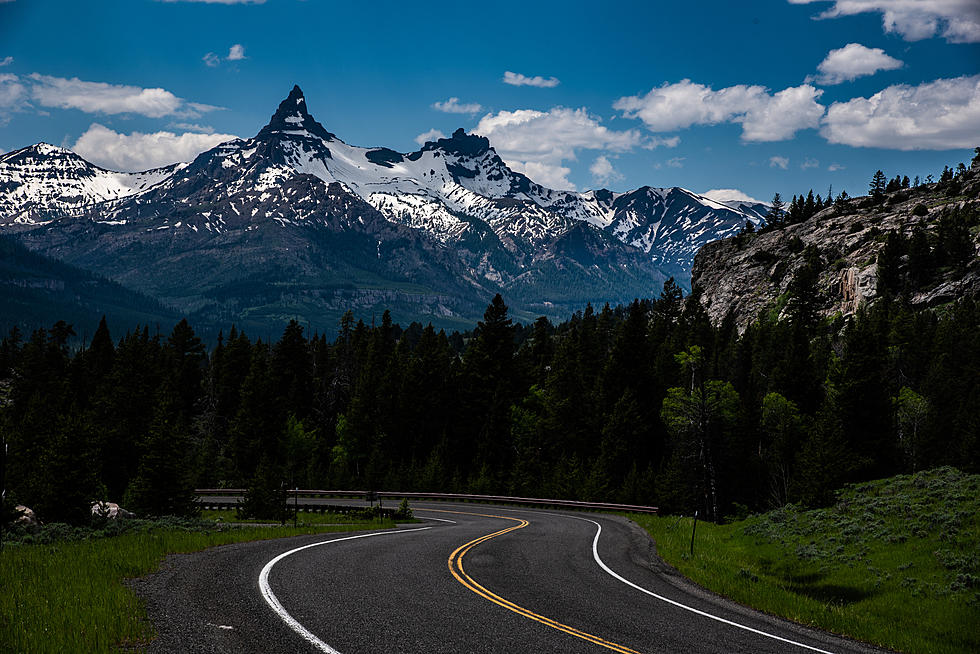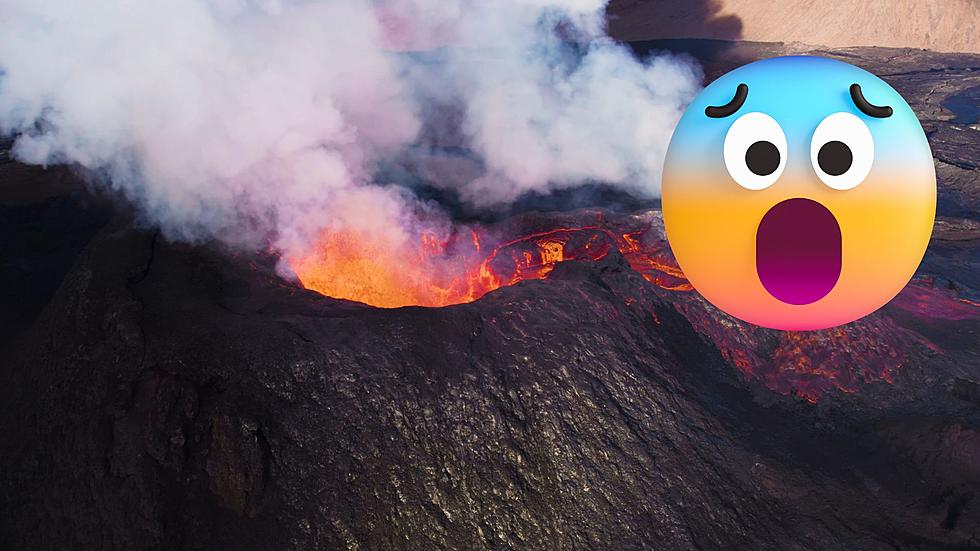
What To Know About Montana Youth’s Climate Lawsuit Victory
A precedent-setting ruling that Montana has a constitutional obligation to defend its citizens from climate change was handed down this week.
District Court Judge Kathy Seeley sided with young plaintiffs who claimed state policies used to evaluate requests for fossil-fuel projects are unconstitutional because they don't allow for agencies to consider the effects of greenhouse gas emissions, a practice that had detrimental effects on the environment and the mental and physical health of young people in Montana.
Seeley's decision on Monday was hailed by activists as a potential turning point for the environmental movement.
The case is significant because it is the first time a U.S. court has held a government accountable for climate change effects and subsequent constitutional rights violations affecting its children.
This ruling establishes the right to a safe climate as a part of the constitutional right to a clean and healthy environment for the first time.
Recent legislation passed by the Montana legislature favors fossil fuels over renewable energy sources.
The case's focus has narrowed in the three years since it was initially filed to focus on whether Montana's Environmental Policy Act, which mandates that state agencies balance resource development against environmental health, is unconstitutional because it exempts decision-makers from taking into account greenhouse gas emissions or their effects on the climate.
Since 1972, Montana's Constitution has included a provision ensuring everyone has the right to a clean and healthy environment. The state accounts for around 5% of the nation's coal production, making it one of the main coal producers in the US.
The plaintiffs' attorneys argued that the state's pro-fossil fuel policies endangered their health, threatened their way of life, and endangered future generations.
They also provided evidence showing how rising carbon dioxide emissions were driving up temperatures, causing drought and wildfires, and decreasing snowpack.
They claimed that Montana's policies supporting fossil fuels went against residents' basic rights to a stable climate system. They advocated that the state should switch to readily available renewable energies and stop approving new fossil fuel projects.
The judge dismissed the state's argument that the contribution of its greenhouse gas emissions to climate change was insignificant and that it shouldn't be held liable.
The state Supreme Court will need to consider the material and testimony given, as Montana officials have stated that they will appeal the case. Surprisingly, the state's defence was brief, with only two state officials and one expert testifying for around ten minutes.
Environmentalists claim that the lawsuit may have paved the way for similar cases in other states.

LOOK: The most expensive weather and climate disasters in recent decades
More From KEYZ AM 660









